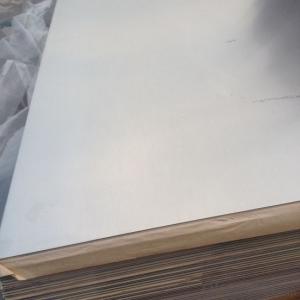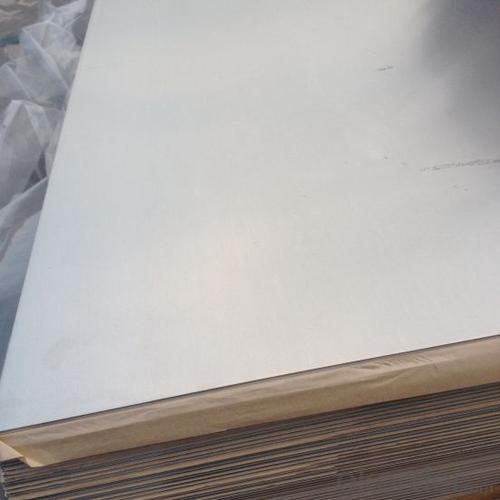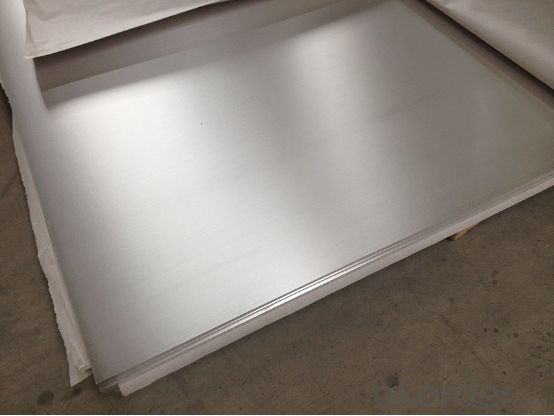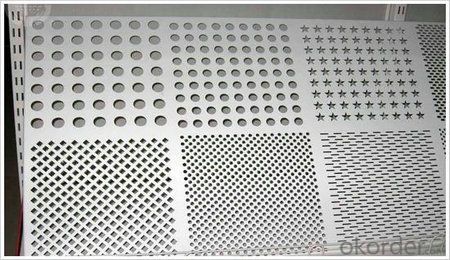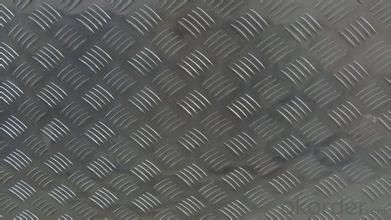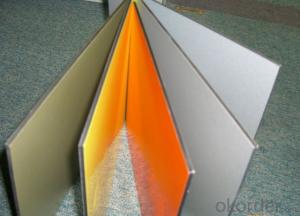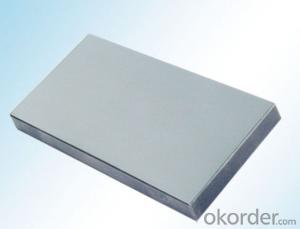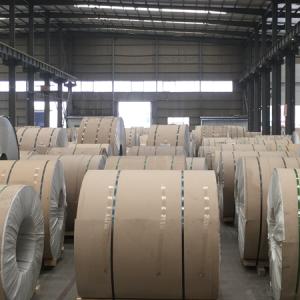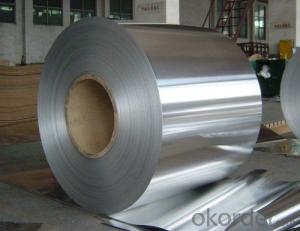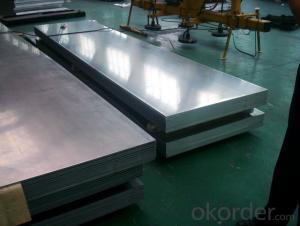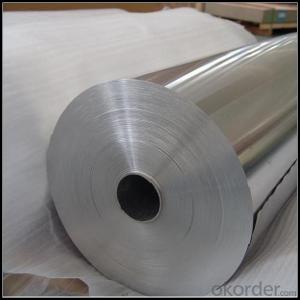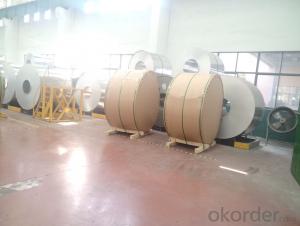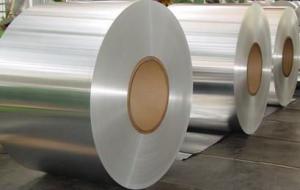China Aluminum Sheets - 5083 Aluminium Plate / Coil O, H32, H34, H112, H116, H321
- Loading Port:
- Shanghai
- Payment Terms:
- TT OR LC
- Min Order Qty:
- 5 m.t.
- Supply Capability:
- 10000 m.t./month
OKorder Service Pledge
OKorder Financial Service
You Might Also Like
Specification
Pattern: orange peel, aluminum sheet5 bar,half a ball,diamond,compass shape
1.Orange peel aluminum sheet/coil
1)Alloy :1060 1100 1050 3003 3004 3105 5052
2)Temper :0 H114 H24 H32
3) Specification thickness:0.2mm-3.0mm
width:50mm-1300mm
Length: according your request
4)Application: Refrigeration. Air-conditioner. keep warm well such as pipe ,tank
5)Surface: No crack,canker, hole
2. aluminum sheet5 bar/coil
1)Alloy :1060 1100 1050 3003 3004 3105 5052 5754 5083 6061 6063 6082
2)Temper: O H114H194 T6
3) Specification: Thickness:1.0mm-10mm
Width:50mm-2000mm
Length: according your request
4)Application: the main function is anti-skidding,widely used in automobile manufacturing,shipbuilding,machine manufacturing,elerator,workshop
5)Surface: No crack,canker, hole
3.Compass shape aluminum sheet/coil
1)Alloy:1060 1100 1050 3003 3004 3105 5052 5754 5083 6061 6063 6082
2)Temper: O H114 H194 T6
3) Specification: thickness:1.0mm-10mm
width:50mm-2000mm
Length: according your request
4)Application: the main function is anti-skidding,widely used in automobile manufacturing,shipbuilding,machine manufacturing,elerator,workshop
5)Surface: No crack,canker, hole
4.Diamond aluminum sheet/coil
1)Alloy:1060 1100 1050 3003 3004 3105 5052 5754 5083 6061 6063 6082
2)Temper: O H114 H194 T6
3) Specification: Thickness:1.0mm-10mm
Width:50mm-2000mm
Length: according your request
4)Application: building industry,packing,decorative
5)Surface: No crack,canker, hole
4) Delivery time: 15-20 days after confirming order.
For all above:
1) Minimum order quantity: 5 tons per size.
2) The term of payment: T/T, irrevocable L/C at sight.
3) Packing: Export standard, waterproof wooden,craft,plywood pallet,etc.
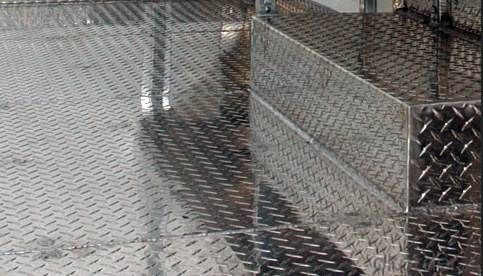
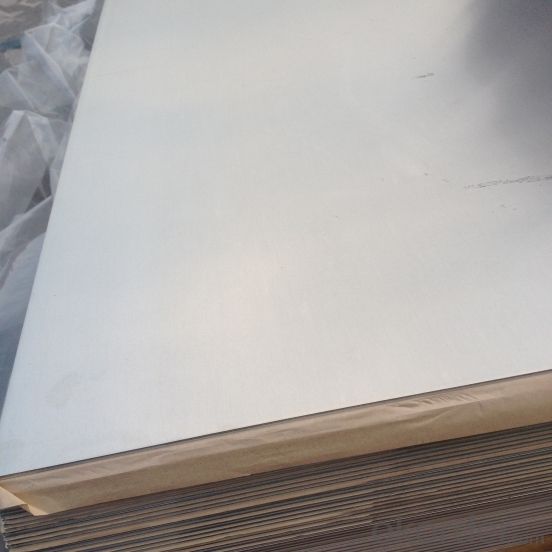
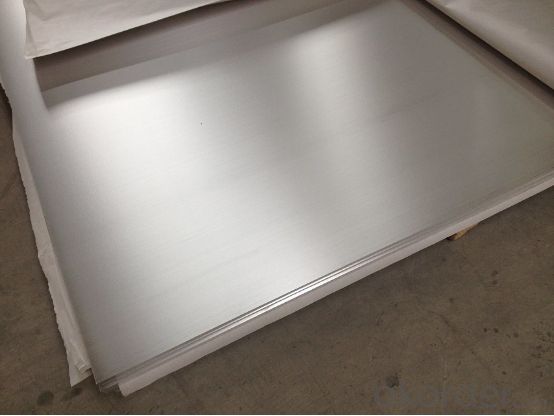
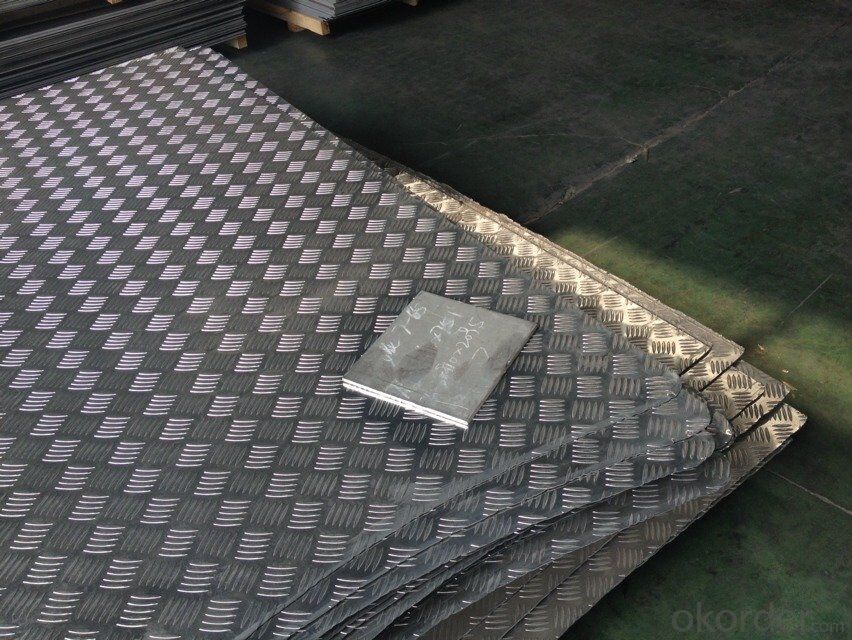
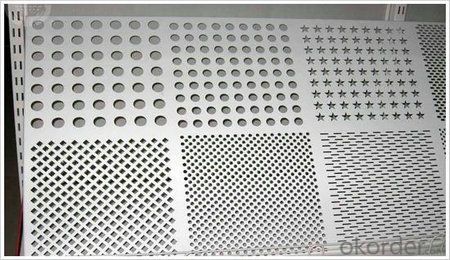
- Q: Are aluminum sheets suitable for wastewater treatment applications?
- Yes, aluminum sheets are suitable for wastewater treatment applications. Aluminum is a versatile material that offers several benefits for use in wastewater treatment processes. Firstly, aluminum sheets are highly resistant to corrosion, which is essential in the harsh and corrosive environment of wastewater treatment plants. This resistance ensures that the aluminum sheets will not deteriorate or react with the chemicals present in the wastewater, thereby maintaining their structural integrity. Additionally, aluminum sheets have excellent thermal conductivity properties, allowing for efficient heat transfer in processes like wastewater disinfection. This thermal conductivity aids in the effective removal of harmful bacteria and contaminants from the wastewater, enhancing the overall treatment process. Furthermore, aluminum sheets are lightweight yet durable, making them easy to handle and install in wastewater treatment systems. This characteristic also contributes to their cost-effectiveness, as they require less maintenance and are less prone to damage compared to other materials. Moreover, aluminum is a sustainable material and can be recycled, reducing the environmental impact of wastewater treatment applications. Recycling aluminum sheets can help conserve natural resources and reduce energy consumption, making it an environmentally friendly choice. In conclusion, aluminum sheets offer numerous advantages for wastewater treatment applications. Their corrosion resistance, thermal conductivity, lightweight nature, and recyclability make them a suitable and efficient material for use in wastewater treatment processes.
- Q: This question asks for a list of various coatings that can be applied to aluminum sheets for different purposes.
- <p>Aluminum sheets can be coated with a variety of materials to enhance their properties such as durability, appearance, and corrosion resistance. Some common types of coatings include: 1. Anodizing: Creates a protective oxide layer on the aluminum surface. 2. Powder Coating: A dry coating that is electrostatically applied and then cured at high temperatures. 3. PVDF (Polyvinylidene Fluoride) Coating: Known for its excellent resistance to UV, chemicals, and weathering. 4. Epoxy Coating: Provides a hard, durable finish that is resistant to chemicals and corrosion. 5. Polyester Coating: Offers good adhesion and is often used for outdoor applications. 6. Fluorocarbon Coating: Provides a high level of durability and resistance to weathering. 7. Ceramic Coating: A newer type of coating that offers excellent heat resistance and a smooth finish. These coatings are chosen based on the specific requirements of the application, such as architectural, automotive, or aerospace uses.</p>
- Q: What are the different forms of aluminum sheet available?
- There are several different forms of aluminum sheet available, including plain, embossed, perforated, and painted aluminum sheets.
- Q: This question asks about the various colors and finishes that can be applied to aluminum sheets.
- <p>Aluminum sheets are available in a wide range of colors and finishes, offering versatility for various applications. Common colors include silver, white, black, and bronze, but they can also be anodized or painted to achieve virtually any color. Finishes can be smooth, brushed, or embossed, with options like matte, satin, and gloss. Additionally, there are specialty finishes like mirror-like polished, hammered, and wood grain textures. The choice of color and finish depends on the specific requirements of the project, such as aesthetics, durability, and resistance to environmental factors.</p>
- Q: Does aluminum sheet require special handling during transportation?
- Yes, aluminum sheet does require special handling during transportation. This is because aluminum sheets are lightweight and can be easily damaged if not handled properly. Special precautions need to be taken to prevent scratching, bending, or denting of the sheets. They should be packaged and secured in a way that minimizes movement and provides adequate protection against impacts. Additionally, aluminum sheets should be transported separately from other heavy objects or materials to avoid any potential damage caused by their weight. Overall, special care and attention must be given to ensure the safe transportation of aluminum sheets.
- Q: How do you prevent galvanic corrosion when using aluminum sheets with other metals?
- To prevent galvanic corrosion when using aluminum sheets with other metals, there are several actions that can be taken: 1. Applying a protective coating, like paint or anodizing, on the aluminum surface can create a barrier between the aluminum and other metals. This prevents direct contact and reduces the risk of galvanic corrosion. 2. To isolate the metals and prevent galvanic corrosion, a non-conductive insulating material such as rubber or plastic can be placed between the aluminum and other metals. 3. Choosing metals that are less prone to galvanic corrosion when in contact with aluminum can reduce the risk. For instance, stainless steel, titanium, or other corrosion-resistant alloys are commonly preferred when working with aluminum sheets. 4. Inserting a dielectric material like nylon or Teflon washers between the aluminum and other metals can act as a barrier. This inhibits the flow of electrical current and prevents galvanic corrosion. 5. Controlling the environment by avoiding high moisture levels or extreme temperature variations can help in reducing the likelihood of galvanic corrosion. Proper ventilation and moisture control also play a significant role in preventing this type of corrosion. It's important to note that the most effective preventive measures may vary depending on the specific application and the types of metals involved. Seeking advice from a materials engineer or corrosion specialist can offer valuable guidance in selecting the most appropriate strategies to prevent galvanic corrosion in a particular scenario.
- Q: How does the alloy composition affect the mechanical properties of aluminum sheet?
- The alloy composition of aluminum sheet plays a significant role in determining its mechanical properties. The inclusion of different elements in the alloy can influence its strength, hardness, ductility, and other characteristics. For instance, adding small amounts of copper or manganese can enhance the strength of aluminum, while magnesium can improve its corrosion resistance. Additionally, the size and distribution of alloying elements within the sheet can also impact its mechanical properties. Therefore, careful selection of alloy composition is crucial to achieve the desired mechanical performance of aluminum sheet.
- Q: What are the advantages of using aluminum sheets in automotive applications?
- Using aluminum sheets in automotive applications offers several advantages. Firstly, aluminum is a lightweight material, meaning it can significantly reduce the vehicle's overall weight, leading to improved fuel efficiency and lower emissions. This is crucial in today's environmentally conscious society. Secondly, aluminum sheets provide excellent corrosion resistance due to their oxide layer. This makes aluminum a durable choice for automotive applications, ensuring the vehicle maintains its structural integrity and aesthetic appeal over time. Additionally, aluminum has exceptional thermal conductivity, allowing for efficient heat dissipation. This makes it suitable for applications such as radiators and heat exchangers, preventing overheating and extending the lifespan of various vehicle components. Moreover, aluminum is highly malleable, allowing it to be easily formed into complex shapes and designs. This versatility enables greater design flexibility in automotive manufacturing, resulting in sleek and aerodynamic vehicles. Furthermore, aluminum is a recyclable material, aligning with the industry's focus on sustainability. Its recyclability contributes to a more circular economy, where materials can be reused and repurposed, reducing waste and minimizing environmental impact. Lastly, despite being lightweight, aluminum sheets have an excellent strength-to-weight ratio. This robustness allows for the construction of safe and reliable vehicles capable of withstanding various road conditions and potential impacts. In conclusion, the benefits of using aluminum sheets in automotive applications include weight reduction, corrosion resistance, thermal conductivity, design flexibility, recyclability, and a high strength-to-weight ratio. These advantages contribute to improved fuel efficiency, durability, safety, and environmental sustainability in the automotive industry.
- Q: Can aluminum sheets be an alternative to glass in certain applications?
- Yes, aluminum sheets can be an alternative to glass in certain applications. Aluminum sheets offer several advantages over glass, making them a suitable choice in specific scenarios. Firstly, aluminum sheets are lightweight and durable, making them ideal for applications where weight is a concern, such as in aerospace or automotive industries. Glass, on the other hand, is relatively heavy and brittle, which can limit its use in certain environments. Additionally, aluminum sheets have excellent corrosion resistance, making them suitable for applications in marine or coastal environments where glass may deteriorate over time due to exposure to saltwater. Aluminum sheets also have a high strength-to-weight ratio, allowing for greater design flexibility and structural integrity compared to glass. Moreover, aluminum sheets can provide better thermal insulation properties compared to glass. They offer improved heat transfer resistance, which can be advantageous in applications where temperature control is crucial, such as in the construction industry. Furthermore, aluminum sheets can be more cost-effective than glass in certain applications. The production and installation costs of aluminum sheets are often lower compared to glass, making them a more economical choice for large-scale projects. However, it is important to note that glass still has its own unique properties and advantages that make it the preferred choice in many applications, such as its transparency and optical clarity. Glass also offers better resistance to scratches and chemical corrosion compared to aluminum sheets. In conclusion, while aluminum sheets can be a viable alternative to glass in certain applications due to their lightweight, durability, corrosion resistance, thermal insulation properties, and cost-effectiveness, the choice between the two materials ultimately depends on the specific requirements and constraints of the application in question.
- Q: Are aluminum sheets suitable for boat building?
- Yes, aluminum sheets are suitable for boat building. Aluminum is a popular material choice for boat construction due to its numerous advantageous properties. Firstly, aluminum is lightweight, which makes it easier to handle and transport during the boat building process. This lightweight characteristic also contributes to better fuel efficiency and improved overall performance of the boat. Additionally, aluminum is highly resistant to corrosion, especially in saltwater environments, making it an ideal choice for boat building. This resistance to corrosion ensures that the boat remains durable and maintains its structural integrity for a longer period of time, even when exposed to harsh weather conditions. Furthermore, aluminum sheets offer excellent strength-to-weight ratio, providing a sturdy and reliable structure for the boat. This strength allows the boat to withstand the forces encountered while sailing, ensuring a safe and enjoyable experience for the occupants. Moreover, aluminum is a versatile material that can be easily molded and shaped into various boat designs. This flexibility allows for customization and the creation of unique boat designs that meet specific requirements and preferences. Lastly, aluminum is a sustainable and environmentally friendly material. It is fully recyclable, reducing the environmental impact of boat building and promoting a greener approach to marine construction. In conclusion, aluminum sheets are indeed suitable for boat building due to their lightweight nature, corrosion resistance, strength, versatility, and eco-friendliness.
Send your message to us
China Aluminum Sheets - 5083 Aluminium Plate / Coil O, H32, H34, H112, H116, H321
- Loading Port:
- Shanghai
- Payment Terms:
- TT OR LC
- Min Order Qty:
- 5 m.t.
- Supply Capability:
- 10000 m.t./month
OKorder Service Pledge
OKorder Financial Service
Similar products
Hot products
Hot Searches
Related keywords
